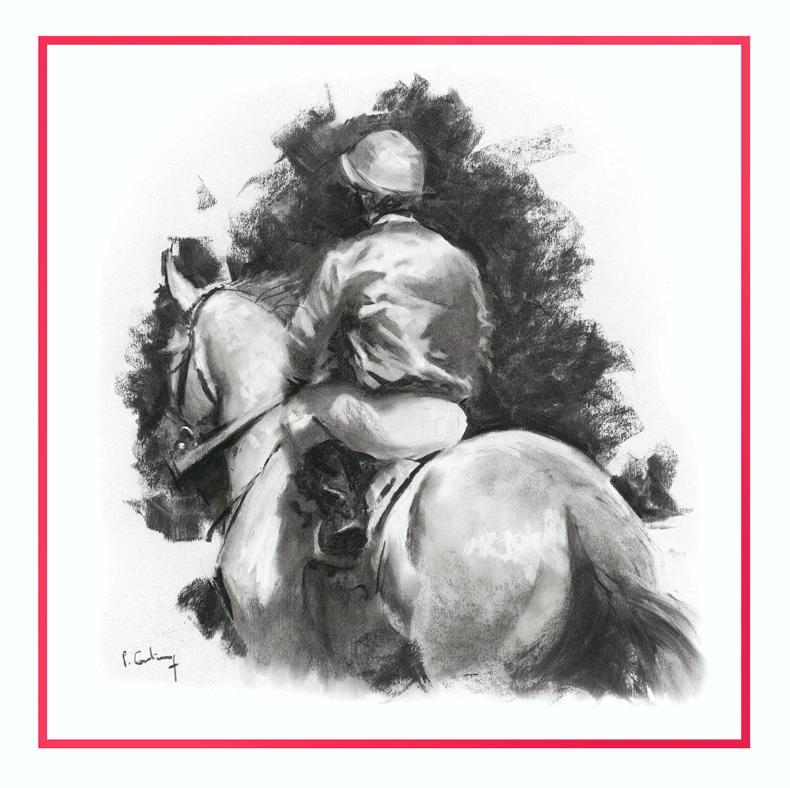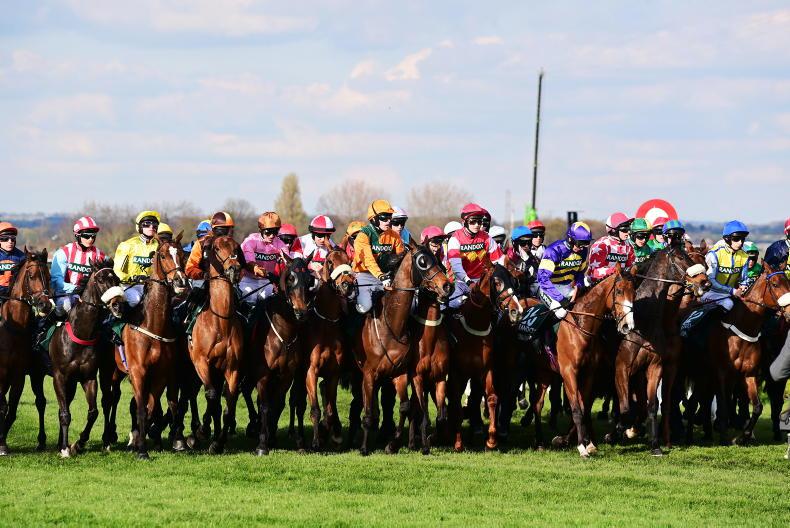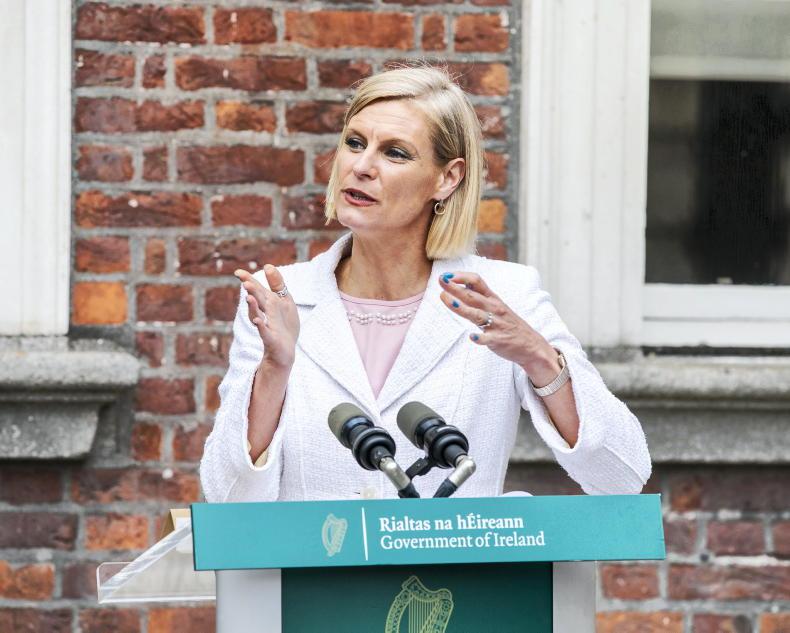THE ISPCA said this week it was “appalled and saddened’’ by what it termed the horrific acts of war in Ukraine and has shared information with the Irish public on how best to support Ukrainian animals.
Many reports from the war torn region have highlighted the plight of pets and horses with some owners opting to turn their horses loose into forests in a bid to increase their chances of survival.
In a statement, the ISPCA said: “Ireland along with other EU Member States have temporarily lifted restrictions on the movements of pets, allowing Ukrainians to bring their pets and other small animals with them as they seek refuge from the war. For children especially, their beloved pets are a huge source of comfort when coping with so much trauma and change.
“The people of Ireland have already shown great solidarity in welcoming these families; extending that welcome to their pets too will help to ease their pain. Others will have little time when making agonising decisions about what to take with them as they flee.
“Sadly, some have no choice but to leave their much-loved pets behind. Many animals are also in rescue centres. As the war continues, many more animals will need help, to save them from starvation and injury.”
The ISPCA is a member of Eurogroup for Animals, Europe’s leading animal welfare organisation. Eurogroup has made a list available to the public of their members and other animal welfare organisations that are actively working or collaborating with local animal welfare organisations on the ground in Ukraine and bordering EU countries.
These organisations are providing a range of vital supports including emergency funding, and essentials such as pet food and veterinary supplies, to ensure animals can carry on being rescued and cared for during the crisis.
(Visit www.ispca.ie to learn more.)
UK riding centre survey
BRITISH Equestrian launched the first survey of its kind to build a current picture of the UK’s riding school sector to help safeguard the future viability of the businesses. A comprehensive online survey has been distributed to around 1,700 centres.
“A viable future for our riding centres has never been more uncertain,” said Mandana Mehran Pour, Head of Participation at British Equestrian. “Riding schools face a series of difficulties, not least those presented by the global pandemic. Costs are rising, the licensing process is more complex than ever, and a shortage of suitable staff and horses are just some of the early indications from proprietors of the issues they’re facing.”


 This is a subscriber-only article
This is a subscriber-only article
 It looks like you're browsing in private mode
It looks like you're browsing in private mode









SHARING OPTIONS: